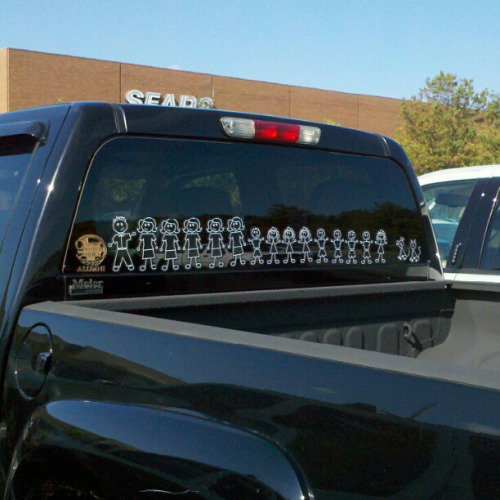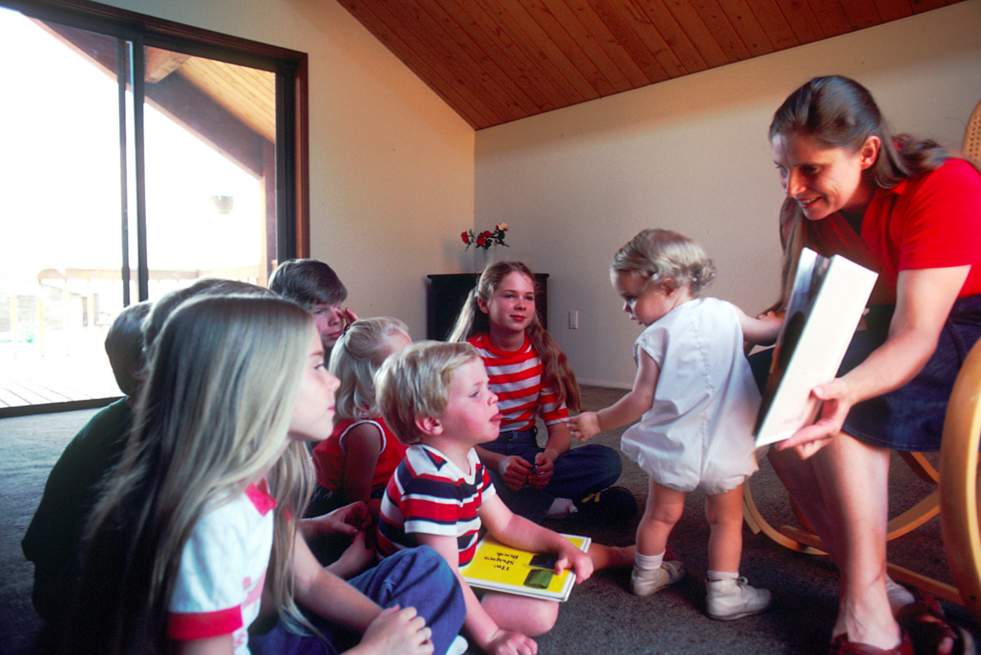Bad News for Big Families

By:
While being raised in a big family might seem like it comes with a host of perks — plenty of companions, support, and extra hands to pitch in on chores — a new study suggests that children from smaller families are better advantaged in terms of education, behavior, and overall life outcomes.
Earlier research has described the trade-offs that come with having more children: In essence, researchers say, families compromise the quality of each child for a higher quantity of offspring. But a recent paper from the National Bureau of Economic Research offers specific insights into the various issues associated with larger families.
RELATED: America Has the Worst Family Leave Policies Of Any Developed Country
Economists looked at 26 years of data from a national youth survey, which asked parents to answer a range of questions about their child's academic performance, behavioral issues, home environment, and parental interaction. They analyzed how older children fared after each younger sibling was born.
 Tumblr - tumblr.com
Tumblr - tumblr.com
The study's results.
The larger the families, the worse off older children did, the economists found. For every additional child introduced to a given family, the eldest sibling became more likely to have lower cognitive abilities, more behavioral issues, less education, and higher rates of criminal activity later in life. That might be because parents had less time to commit to each individual child in bigger families.
"They found that their measure of parental investment in older kids — represented by things like how often families eat meals together, how often parents show kids affection, and how many books each child has — fell by 3 percentage points after a young child is born, while cognitive scores fell by 2.8 percentage points, and behavioral problems increased," the Washington Post reported.
Big families affect genders differently.
Big families seemed to affect genders differently, with girls who gained younger siblings reporting lower math and reading skills and boys who showed increased signs of behavioral difficulties. "For each additional child born, the researchers found that the average amount of education the kids in the family received fell by -.13 years," the Washington Post added. For children of parents who had twins, however, they had nearly half a year less of education than those in smaller families.
 Wikimedia - wikimedia.org
Wikimedia - wikimedia.org
Lasting effects?
The effects of having a big family weren't temporary, either. The research revealed that the effects lasted through childhood and into later life, leaving children of big families with lower education, lower earnings, more teenage pregnancies, and more run-ins with the law.
RELATED: 3 Ways that the U.S. is Failing Mothers
In order to determine why these trends were occurring, the economists looked at four different levels of "parental investment": how much time they spent with their kids, the financial resources they afforded their kids, the amount of affection, and the safety of the home environment. What they found was that one factor — time spent with each kid — seemed to change the most following the birth of each additional child.
"These results differ substantially from previous research, so it is worthwhile to consider why our estimates are so different," the researchers concluded. "One potential explanation for our results ... may be institutional differences between Norway and the U.S. In particular, at the margin, parental investments may matter more in the U.S., where a substantial fraction of young men and women, particularly from lower income backgrounds, are at risk of not finishing high school."
